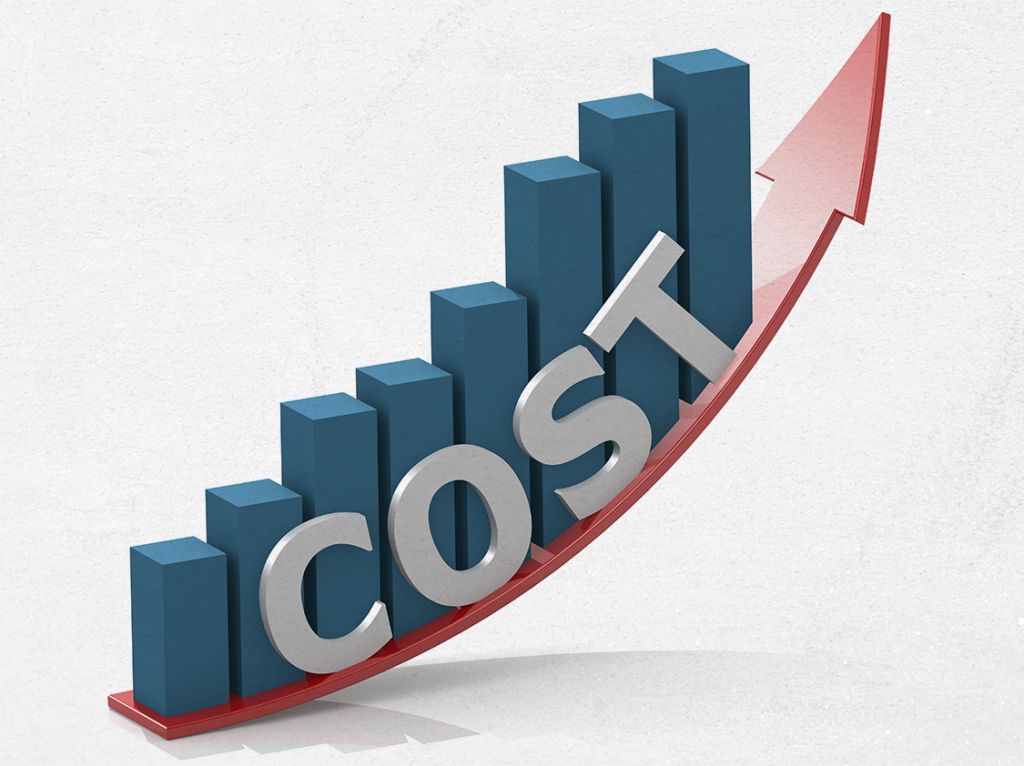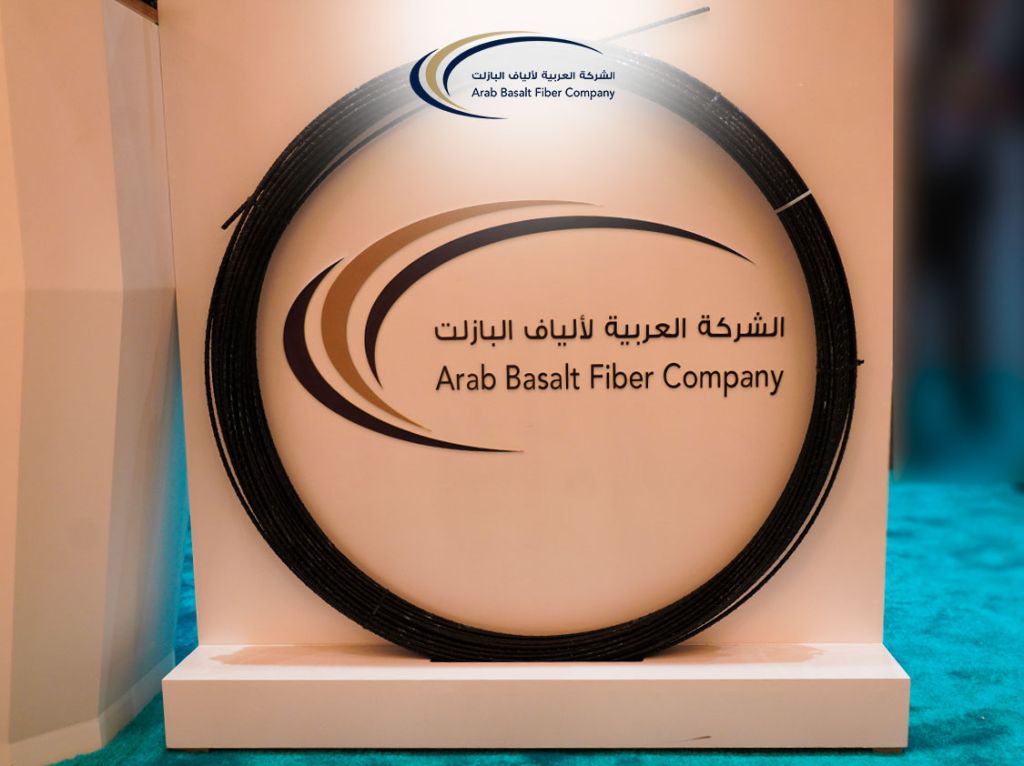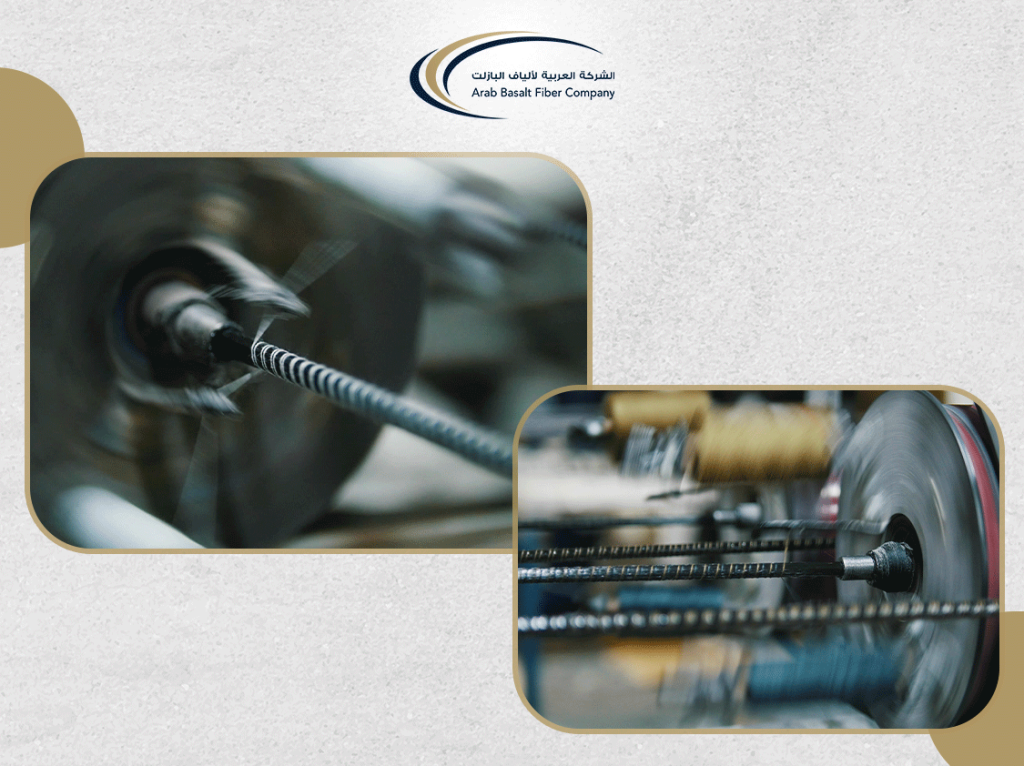INTRODUCTION
- BRIEF OVERVIEW OF BFRP:
BFRP Rebar, or Basalt Fiber Reinforced Polymer Rebar, is a relatively new composite material that has become increasingly popular in the construction industry. It is composed of basalt fibers and a polymer matrix, making it strong, lightweight, and resistant to corrosion, fire, and harsh environmental conditions. Its unique properties make it an attractive alternative to traditional construction materials like steel.
- IMPORTANCE OF DISCUSSING BFRP PRICES:
The importance of discussing BFRP prices lies in the fact that it allows us to understand the cost-effectiveness of using this material in construction. BFRP is a relatively new material, and many builders and engineers are still unfamiliar with its properties and benefits. By discussing BFRP prices, we can gain a better understanding of the factors that affect its cost and how it compares to traditional construction materials like steel.Additionally, discussing BFRP prices can help to promote the use of this material in construction. Many builders and engineers may be hesitant to use BFRP due to its higher cost, but understanding its benefits and cost-effectiveness can encourage them to consider it as a viable option. By promoting the use of BFRP in construction, we can help to create a more sustainable and efficient building industry that utilizes innovative and advanced materials.



COST OF BFRP
AVERAGE COST OF BFRP
On average, the cost of BFRP is influenced by several factors, such as the quality of the materials, the size and complexity of the project, and the supplier’s location. The cost of BFRP may seem expensive compared to traditional construction materials like steel. However, the higher cost of BFRP can be offset by its many benefits, such as reduced transportation costs, lower installation costs, and longer service life.
Arab Basalt Fiber Company is currently offering BFRP at a competitive price of $3 per pound or $5000 to $7000 per ton, making it an affordable option for those interested in using BFRP for their construction projects.
COMPARISON TO OTHER TRADITIONAL CONSTRUCTION MATERIALS
When comparing the cost of BFRP to other traditional construction materials, such as steel, it is important to consider not only the initial cost but also the long-term cost savings. While the initial cost of BFRP may be higher than that of steel, BFRP’s unique properties can make it a more cost-effective option in the long run.
Discover why Basalt Fiber is more cost-effective than steel in construction by clicking here.
When comparing the cost of BFRP to traditional construction materials like steel, it is important to consider the volatility of steel prices. Steel prices can fluctuate significantly depending on market demand, global economic conditions, and supply chain disruptions. For example, the average price of steel rebar ranged from $580 to $640 per ton in previous years, but in the first four months of 2023, the average price ranged from $900 to $1000 per ton in the United States.
This unpredictability in steel prices can make it difficult for construction companies to accurately estimate their project costs and can have a significant impact on their bottom line. In contrast, the cost of BFRP tends to be more stable and predictable, making it easier for companies to plan and budget for their projects. However, as with any market, it is crucial to monitor the price of BFRP closely to ensure that you are making informed decisions and getting the best value for your investment. Overall, while traditional construction materials like steel may offer cost advantages in some situations, the stability and predictability of BFRP prices make it an attractive option for many construction projects.
FACTORS AFFECTING BFRP PRICES
When considering the cost of BFRP, it is important to take into account several factors that can affect its price.
- Quality of Materials:
The quality of the basalt fibers used in the manufacturing process can affect the price of BFRP. Higher quality materials may be more expensive, but they can also result in a more durable and reliable product that requires less maintenance and replacement over time. Companies may need to weigh the cost of the materials against the long-term benefits to determine the most cost-effective solution. - Size and Complexity of the Project
The size and complexity of a project can also affect the price of BFRP. Larger and more complex projects require more BFRP, which can increase the cost. Additionally, intricate designs or custom shapes may require additional labor and resources, increasing the overall cost of the project. - Location of the Supplier
Transportation costs and import/export regulations can affect the final cost of the product, depending on where the supplier is located. Companies should consider the proximity of the supplier to the project site when evaluating their options for BFRP.

CONCLUSION
BFRP is a relatively new material that is becoming increasingly popular in the construction industry. Although the BFRP Prices is higher than other traditional construction materials like steel, its many benefits often outweigh the cost. Factors that affect the price of BFRP include the quality of materials, the size and complexity of the project, and the location of the supplier. Before choosing BFRP as a construction material, it is essential to consider these factors and weigh the benefits against the cost to determine if it is the right choice for your project.
Arab Basalt Fiber Company
One notable supplier of BFRP is the Arab Basalt Fiber Company (ABF). that specializes in the production of high-quality basalt fiber products, including BFRP. They have invested in advanced technology and processes to ensure the highest quality materials and products for their customers. In addition, ABF has a strategic location in the Middle East, which allows for easy access to global markets and reduces transportation costs for customers. By partnering with reliable and experienced suppliers such as ABF, construction companies can ensure they are using top-quality BFRP for their projects while also potentially saving on transportation costs.
Visit their website at www.ArabBasaltFiber.com or contact them via email to learn more about their products and services.